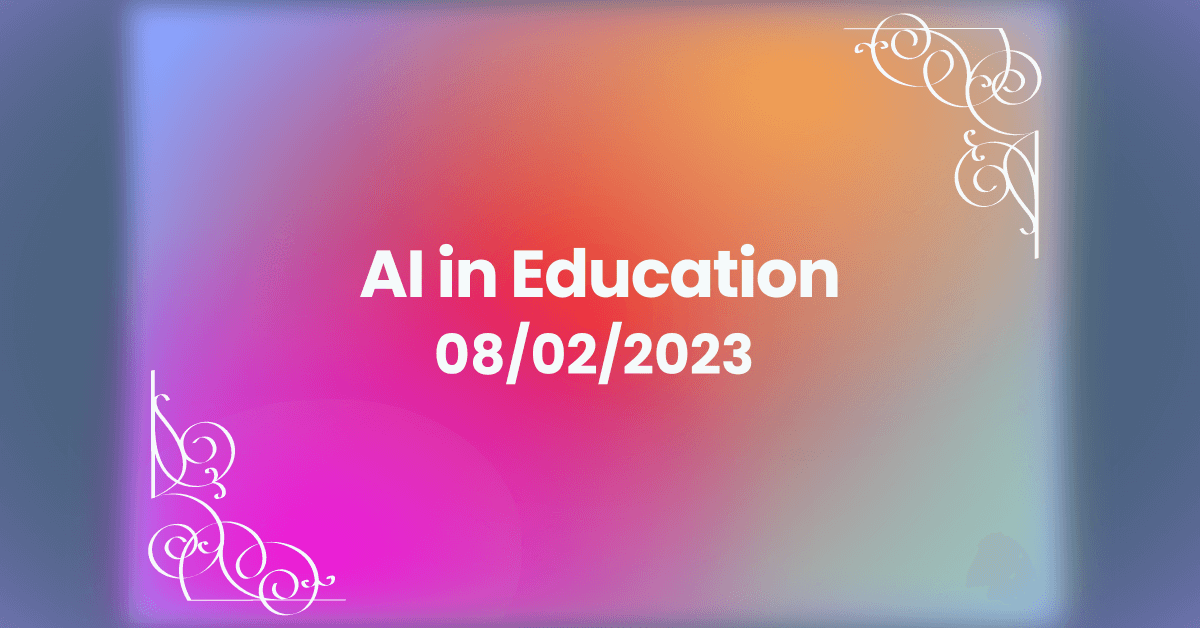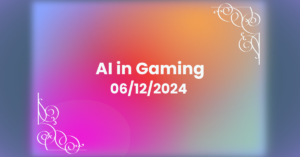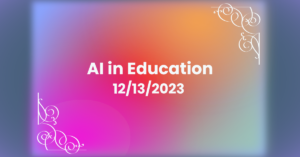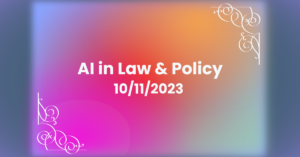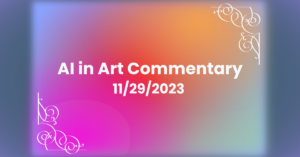AI in Education – Students’ Access to AI
As I wrote in my recent article, administrators and educators are struggling with how to respond to their students’ easy access to AI. Detection systems are unreliable at best, and AI writing tools are continuing to improve. Some forward thinking educators are attempting to use AI in a positive manner with their students, focusing on teaching students how to use and source AI as well as to verify AI generated content.
The recent Education World Forum (EWF), the world’s largest gathering of education ministers, focused on AI in education, discussing its potential for personalized learning and bridging educational gaps. However, concerns were raised about a new digital divide based on uneven access to AI technology and qualified educators, prompting a call for balancing technology with human interaction in education. A recent Brookings Institute article summarized the proceedings nicely.
While AI presents a significant change in the way that education is carried out, it’s not the first technology to bring such a change. Educators have adapted to typewriters, radio, television, computers, the internet, and a thousand other new technologies; education today is radically different than at the turn of the last century. In the immortal words of the band Rush: “…changes aren’t permanent, but change is.”
Further Reading
- AI Isn’t the Problem. It’s How We Use It, Especially in Schools – In “Straight Talk with Rick and Jal,” Harvard’s Jal Mehta and Rick Hess debate whether AI will revolutionize or complement education. – Education Week
- Artificial Intelligence: A Graduate-Student User’s Guide – Explores AI’s impact on graduate students in education, addressing challenges in teaching and cheating detection – The Chronicle of Higher Education
Yes, AI could profoundly disrupt education. But maybe that’s not a bad thing – A discussion of the importance of recognizing and nurturing unique human intelligence in the face of AI tools like ChatGPT, which lack true understanding and knowledge. – The Guardian

